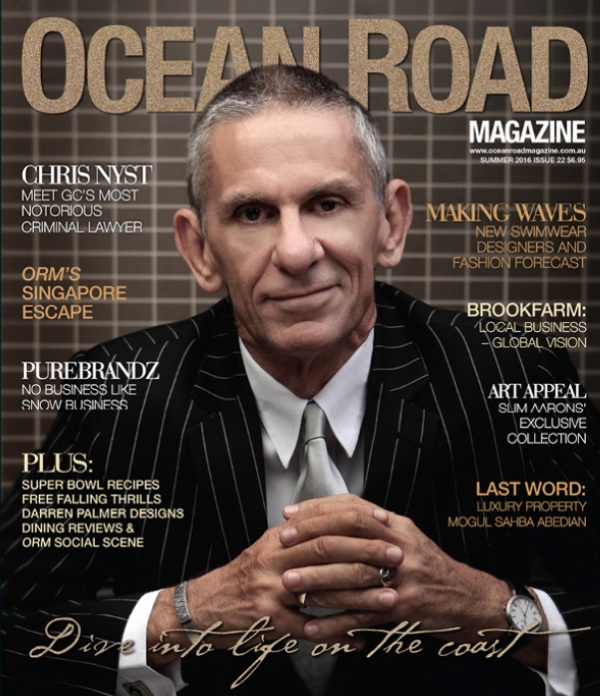When I first started doing trial work as a young lawyer I was constantly surprised and intrigued by the persistent inconsistency between different eyewitness accounts of the exact same incident. Particularly when dealing with a violent or otherwise shocking event, such as a car crash or a brutal street brawl, no two witnesses seemed to remember the same event in the same way. For a defence lawyer it was the welcome stuff of reasonable doubt, but I soon learned it was also just a fact of life. When people are confronted by emergent and traumatic circumstances, their brains can only take in so much detail, and the fact two witnesses remember one event in completely different ways doesn’t necessarily mean either one is telling fibs. Quite the contrary.
So I was not at all surprised by controversy this week concerning the reported contradictory account given by Australia’s most decorated soldier, Ben Roberts-Smith, VC, MG, about the death of a young Afghan male who threatened to compromise a secret SAS observation post in Afghanistan’s war-torn Chora Valley in 2006. In his new book, No Front Line, celebrated investigative journalist Chris Masters cites an interview Roberts-Smith gave to the Australian War Memorial in 2011, in which he recounted how he and Sgt Matthew Locke – a Medal for Gallantry recipient later killed in action – “hunted down and got rid of” two men who walked within 30 metres of their patrol’s clandestine position, as being inconsistent with a version he gave to The Australian newspaper, in which he referred to only one male being “neutralised” in the encounter. Mr Masters’ book highlights the competing accounts in questioning the need for killing the suspected Taliban “spotter,” but Roberts-Smith has dismissed such criticism as unfair and “ridiculous”. His explanation of the inconsistency is simple: “When you’re talking about 50 or 60 different battles in all my years in Afghanistan, you know, I got it wrong. Instead of one I said two.”
Some would say that’s fair enough. After all, while it may be the role of clever lawyers and investigative journalists to take cute points, compare accounts, probe inconsistencies and split fine hairs, very often for good reason and to great effect, in the end that exercise is invariably conducted in the cool, calm light of day, when all the smoke has cleared, and reason, reflection and recollection are untroubled by the discord of tragedy and turmoil. Certainly, a lifetime in the courtroom will convince the careful observer that any witness, no matter how determined to be factual and precise, when faced with an emergent or disturbing turn of circumstances, will often struggle woefully to accurately absorb and faithfully relate every detail large and small of such circumstances, even when they themselves are posed no physical threat of any kind by the events they’re witnessing. How much more difficult must it be, then, for a soldier, plunged deep in the calamity of active combat, and directly in harm’s way, to accurately record and register turbulent events as they occur?
In a powerful speech to the Sorbonne, in Paris, on 23 April 1910, the great American statesman, explorer, and soldier, Theodore Roosevelt Jr, who served as the 26th President of the United States from 1901 to 1909, famously spoke of what he considered sometimes unfair criticism. “It is not the critic who counts,” Roosevelt told the Sorbonne, “Not the man who points out how the strong man stumbles, or where the doer of deeds could have done them better. The credit belongs to the man who was actually in the arena, whose face is marred by dust and sweat and blood, who strives valiantly, who errs, who comes short again and again, because there is no effort without error and shortcoming, but who does actually strive to do the deeds, who knows great enthusiasms, and great devotions, who spends himself in a worthy cause, who at the best knows in the end the triumph of high achievement and who, at the worst, if he fails, at least fails while daring greatly, so that his place shall never be with those cold and timid souls who neither know victory nor defeat.”
Anyone who has heard Ben Roberts-Smith speak publicly, or has read about the feats of valour that earned him the Victoria Cross, and the Medal for Gallantry, will readily recognise him as no one if not the man in the arena. His is a great Australian story; if he has got a few things wrong about the detail in the telling, I for one am more than willing to forgive him that very human failing.
This article was first published in The Sunday Mail, 29 October 2017.











